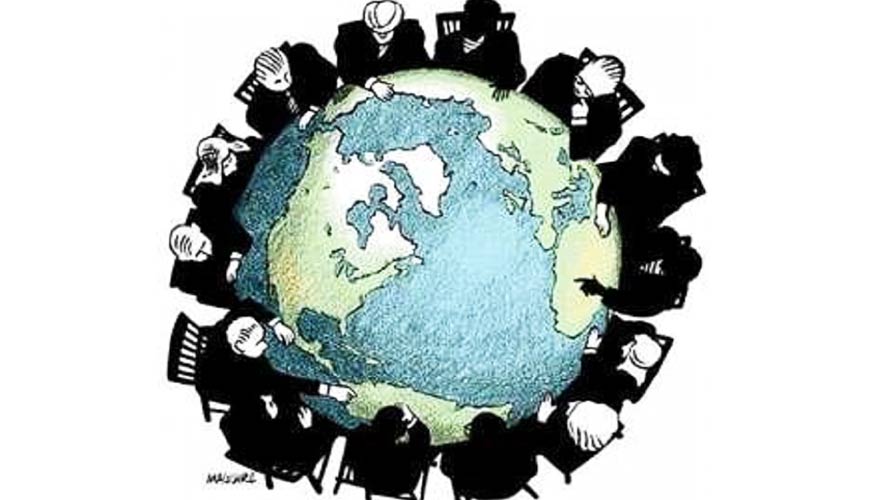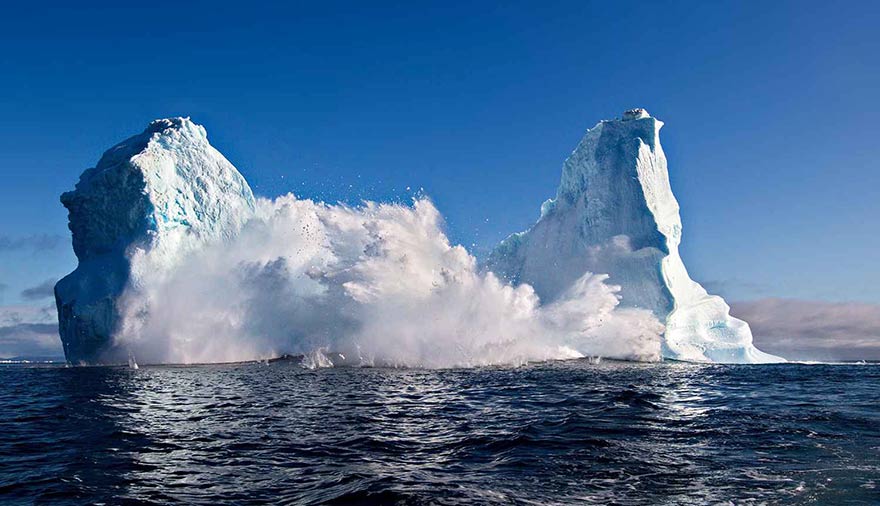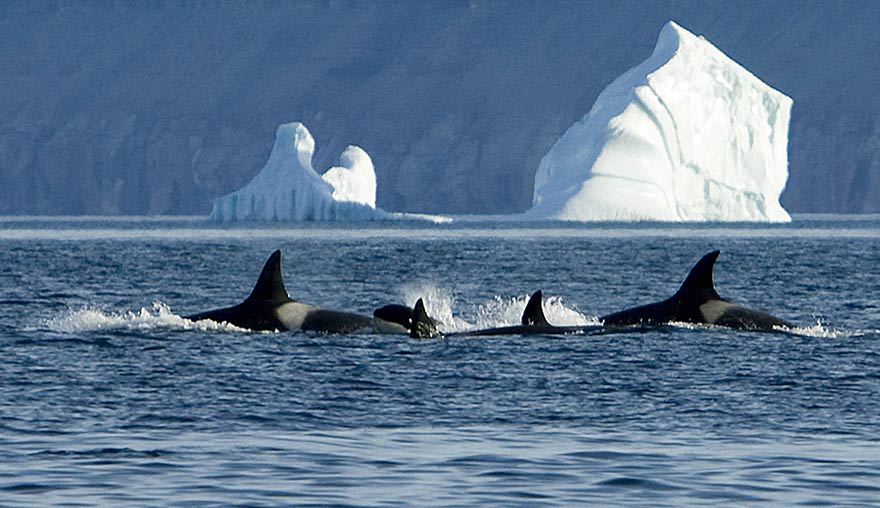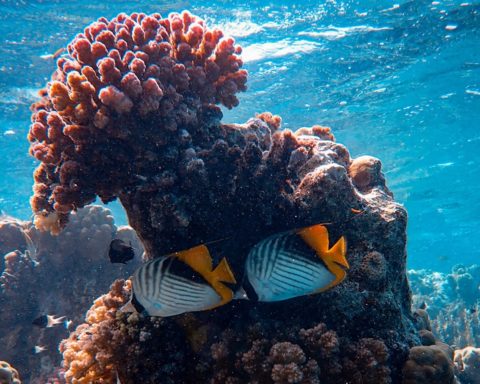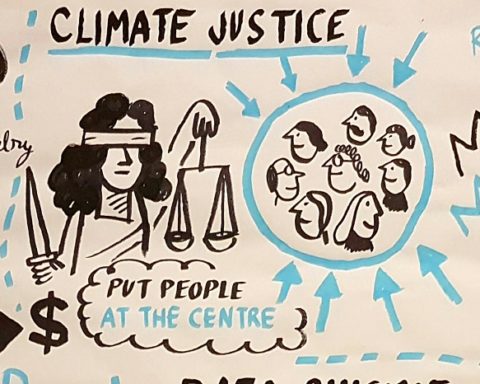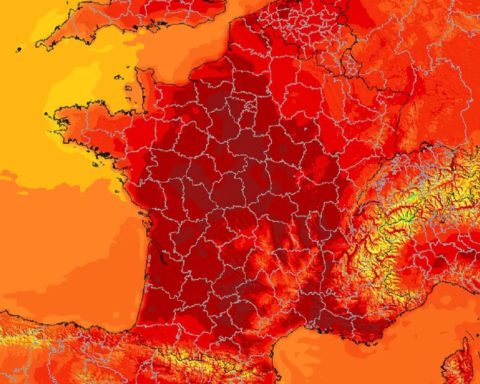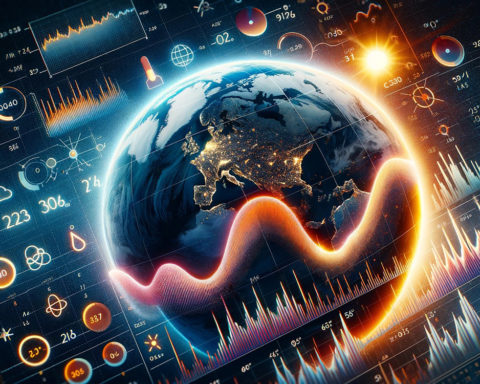Book" Taking responsibility seriously "by Alain Supiot and Mireille Delmas-Marty (Ed. PUF, 2015)
The climate negotiations highlight two major obstacles: the lack of real global governance and the compartmentalization of legal systems, which remain closely linked to the sovereignty of States. As a result, there is neither collective responsibility of governments to respect their commitment to keep the rise in temperatures below 2°Celsius by the end of the century, nor a clear legal translation of governments' commitments. François Hollande is well aware of this, as he recently evoked the idea of a UN Security Council dedicated to the environment. As for the recent controversy between John Kerry and Laurent Fabius on the binding or non-binding nature of the Paris agreement, it says a lot about the hesitations: is it necessary, in order to reach a consensus, to accept an agreement emptied of its content and commitments?
"Pending a Universal Declaration of Human Responsibilities, let us make the climate agreement an opportunity for substantial progress in the law of responsibility: the legal proposals of the Collège de France. » This is the call of Pierre Calame, Founder of the Alliance for a Responsible and United World.
AThus, the law, if it is imaginative, has been able, through its plasticity, to adapt more quickly than political authorities to new situations and judges are able, in the event of their failure to do so, to anticipate and create new forms of regulation. This is exactly the situation we find ourselves in today.
"Climate change is a challenge in both senses of the word: opportunity and risk. Of course the risk is considerable and should not be ignored. But such a risk can nevertheless be an opportunity for humanity. It can be seen as an exceptional opportunity to become aware of our common destiny and to test our ability to change the direction of global governance before it is too late.
Pope Francis is right to say that "everything is intimately linked" and to encourage an "integral ecology". Indeed, everything is linked, from the climate to the relationship between man and nature, and from nature to economic and social issues. and cultural, and even human relations. »
Mireille Delmas-Marty
Global responsibility
The project of Universal Declaration of Human Responsibilities (DURH) states: "Liability implies taking into account the immediate or delayed effects of one's actions, preventing or compensating for damage, whether or not these were committed voluntarily, whether or not they affect legal subjects. It applies to all fields of human activity and to all scales of time and space. It is imprescriptible as soon as the damage is irreversible". This is why it can be said that human societies and the governments that represent them are behaving today towards the climate and the biosphere in a completely irresponsible manner. And, again to quote the UDHR, "the extent and irreversibility of the interdependencies that have been created between human beings, between societies and between humanity and the biosphere constitute a radically new situation in the history of humanity, irrevocably transforming it into a community of destiny": responsibility can therefore only be planetary.
This shows the importance of the work programme led by two successive holders of the Chair of Law at the Collège de France, Mireille Delmas Marty and Alain Supiottwo leading jurists, entitled "Let's Take Responsibility Seriously" and "Let's Take Responsibility for the Future". 12 legal proposals for the Paris Climate Conference"..
In the absence of an internationally agreed HRD, this programme has provided an opportunity to explore the existing resources of the law on which to build to give real effect to the Paris commitments.
As Mireille Delmas Marty notes in the introduction to these proposals, the issue of climate change has become the very symbol of planetary interdependence, and therefore of the universal dimension of our responsibility. As such, it constitutes "an exceptional opportunity to become aware of our common destiny and to test our ability to change the direction of global governance before it is too late".
L 'The stakes even go beyond the climate issue: "an ambitious climate agreement would contribute, she says, not only to protecting nature and the ecosystem, but also to preparing the future of humanity more broadly ... this is probably the only area where an agreement on a new model of global governance would be possible ... on the contrary, a failure of the Paris Climate Conference would herald lasting chaos because it seems unlikely to achieve as much convergence in other sensitive areas of globalization".
At a time when the attacks in Paris show the inadequacy of international law in the face of globalized terrorism, it could not be better said (see also the interview of Mireille Delmas Marty in Le Monde on November 18th)
Globalization marked by abdication
In the brilliant introduction to the book "Let's take the responsibility seriously" (Presses universitaires de France, November 2015), which summarises the work programme, Alain Supiot places this legal reflection in its historical context. First of all, drawing a parallel with social law, he recalls how, at the end of the 19th century, the industrial revolution made it necessary to considerably broaden the concept of liability, giving rise to our current social law: and it was the judge who preceded the legislator by updating old legal concepts to adapt them to new realities. Thus, the law, if it is imaginative, has been able, through its plasticity, to adapt faster than the political authorities to new situations and judges are able, in the event of their failure to do so, to anticipate and create new forms of regulation. This is exactly the situation we find ourselves in today. La community of governments has not been able to create, in the face of irreversible globalization, the conditions for effective global regulation guaranteeing the integrity of the biosphere, the security of societies and the stability of the currency. It has thus put itself, through a kind of voluntary servitude, in the hands of the only powers on the scale of this globalization, the transnational companies: abdication rather than cooperation.
Alain Supiot shows that, under these conditions, in the absence of international rules governing economic activities and in a context where States compete to attract investment, international relations have been reorganized in a feudal mode of allegiance in exchange for protection, whether it be asymmetrical relations between States or relations between transnational corporations, their subsidiaries, subcontractors and suppliers. Or the law knows how to face these new realities, drawing the consequences of these new forms of power, by exploiting its resources competently and creatively, because, as the UDHR also says, "responsibility is proportionate to knowledge and power". Businesses will not be able to get away with claiming their autonomy while claiming to be bound by voluntary commitments of Social Responsibility (CSR); any more than States will be able to get away with claiming to retain their sovereignty and sticking to voluntary commitments on climate change and global terrorism that are not imposed by law.
A right to climate relief
The proposals presented by the Collège de France are the result of a dialogue between leading jurists and judges from France, the United States, Brazil, China, Italy and Great Britain. They attempt, in the spirit of what I have just described, to go as far as possible in order to take advantage of the current law so as to require States and transnational companies to assume their objective responsibilities. They are in two parts:- the legal responsibilities of States and transnational corporations in climate matters;
- more broadly, the conditions of justiciability of transnational corporations in proportion to their power and societal impact and the need to integrate social and environmental issues into international economic law.
These proposals are supplemented by the collective work of French jurists, "... proposals for a right to climate relief" which shows that, in the face of challenges of new magnitude, it is inevitable to combine multiple sources of law, public and private, civil and criminal.However creative they may be, judges cannot act alone: they are one of the links, albeit an essential one, of the three stages of the legal process: who is responsible? Who can trigger liability action? Who is the judge of responsibility? That is why these proposals, in which leading legal professionals show what can be done even within the current framework of international law, will only have their full impact if civil society takes them up, and that is why I wanted to share them with you. Elles are nevertheless only a worst-case scenario and its drafters know nothing about it. They should be seen not as a definitive answer but as a first step towards an international law that is commensurate with our interdependence and our planetary co-responsibility, which implies, as soon as possible, the adoption of the Universal Declaration of Human Responsibilities, the definition of global public goods - the climate today does not even exist in law! - and a guardian of these goods.
Co-founder of the China Europa Forum
Member of theAlliance for Responsible Corporations
Chairman of CITEGO
Login
0 Comments
Inline Feedbacks
View all comments

